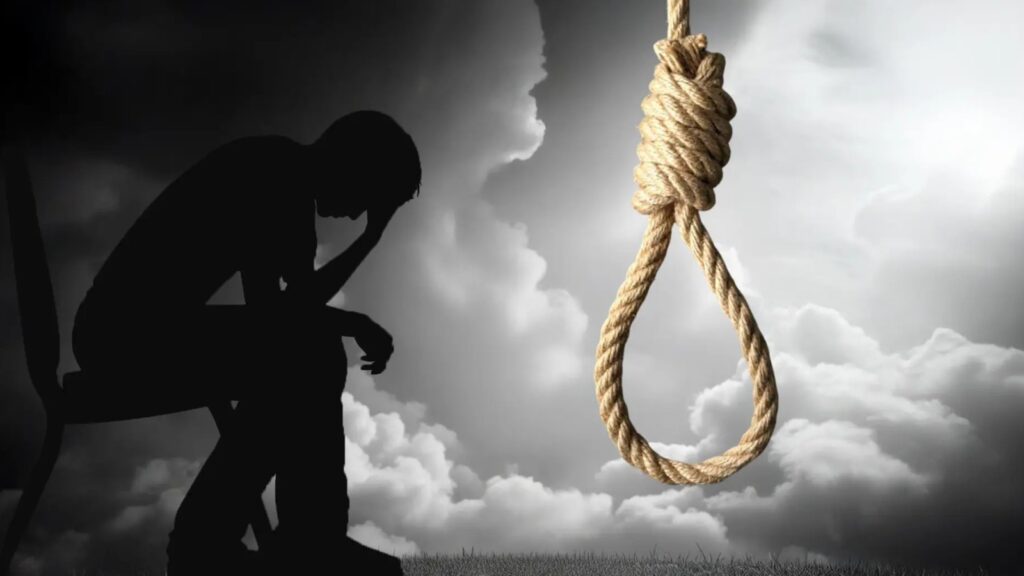Afghanistan is facing a growing suicide crisis, particularly among its youth, as unemployment, economic collapse, mental health disorders, and drug addiction converge to create a nationwide tragedy — one fueled by government inaction, lack of business opportunities, and a broken trust between people and the Taliban regime.
Recent cases in Nangarhar and Kandahar provinces underscore this worsening crisis. One victim, Abdul Haq, a resident of Chaparhar district, hanged himself at home after years of struggling with drug addiction and mental illness, leaving behind two young children.
“He had been in and out of hospitals. I tried to bring him back each time, but there was no system to support him,” said his father, Noor ur rahman. “We had no other option.”
His brother, Samiullah, said the family discovered his body two days after his death. “No one knew. We buried him ourselves. It was shameful, but what choice did we have?”
Unemployment, Economic Collapse, and a Government in Denial
While suicide is a deeply sensitive issue in Afghan society, local sources told TKC that the actual number of cases is much higher than reported, as most are hidden due to social stigma, religious taboos, and fear of Taliban retaliation.
Official data from Khost province alone shows 72 recorded suicides in 2024, while other provinces like Uruzgan, Paktika, and Kandahar have seen similar incidents — many driven by poverty, dowry pressures, and hopelessness.
“Young people have nothing — no jobs, no money, no future,” said a resident of Kandahar. “They can’t even marry or earn a basic income. Some lose their minds.”
Local businessmen and community elders point to governance failures as a root cause. Since the Taliban takeover, private investment has collapsed, and no meaningful job creation efforts have been made. Foreign donors and Afghan diaspora are refusing to bring money into the country, citing a complete lack of trust, absence of legal protections, and widespread corruption.
“Why would anyone invest in Afghanistan when there’s no rule of law, no banking system, and no guarantee of safety?” asked a Kabul-based economist. “The people are suffering because the state is non-functional.”
Mental Health: A National Emergency with No Infrastructure
Mental health professionals say that Afghanistan lacks even the most basic infrastructure to deal with psychological disorders. Dr. Amir Pamir, a physician in Nangarhar, says youth are especially vulnerable due to trauma, substance abuse, and stress.
“We’re seeing suicides from sudden emotional breakdowns. No counseling, no medicine, no support. The government has no plan.”
Religious scholars, while condemning suicide as forbidden in Islam, are also urging the authorities to address root causes such as hunger, joblessness, and despair.
“If the government fails to create opportunities, more lives will be lost,” warned one scholar in Jalalabad.
A Crisis Ignored
Despite rising numbers, the Taliban government has neither acknowledged the scale of the problem nor initiated any national suicide prevention or mental health program. There are no economic reforms, no vocational training, and no social safety net.
Without urgent action, locals warn that Afghanistan risks losing an entire generation — not just to migration or poverty, but to suicide.





